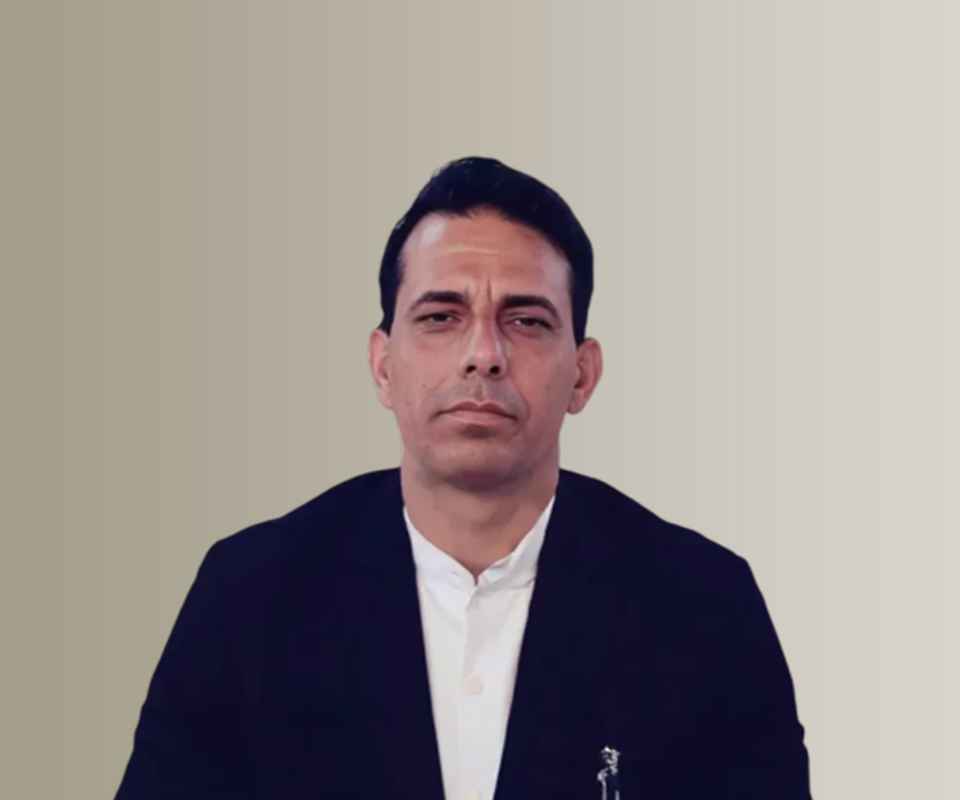Answer By law4u team
Constitution of India Article 194: Powers, Privileges, etc., of the Houses of Legislatures and of the Members and Committees Thereof
(1) Subject to the provisions of this Constitution and to the rules and standing orders regulating the procedure of the Legislature, there shall be freedom of speech in the Legislature of every State.
(2) No member of the Legislature of a State shall be liable to any proceedings in any court in respect of anything said or any vote given by him in the Legislature or any committee thereof, and no person shall be so liable in respect of the publication by or under the authority of a House of such a Legislature of any report, paper, votes or proceedings.
{1}(3) In other respects, the powers, privileges and immunities of a House of the Legislature of a State, and of the members and the committees of a House of such Legislature, shall be such as may from time to time be defined by the Legislature by law, and, until so defined,{2}shall be those of that House and of its members and committees immediately before the coming into force of section 26 of the Constitution (Forty-fourth Amendment) Act, 1978.
(4) The provisions of clauses (1), (2) and (3) shall apply in relation to persons who by virtue of this Constitution have the right to speak in, and otherwise to take part in the proceedings of, a House of the Legislature of a State or any committee thereof as they apply in relation to members of that Legislature
Note
1. Subs. by the Constitution (Forty-second Amendment) Act, 1976, s. 34 to read as follows. : (3) In other respects, the powers, privileges and immunities of a House of the Legislature of a State, and of the members and the committees of a House of such Legislature, shall be those of that House, and of its members and Committees, at the commencement of section 34 of the Constitution (Forty-second Amendment) Act, 1976, and as may be evolved by such House of the House of the People, and of its members and committees where such House is the Legislative Assembly and in accordance with those of the Council of States, and of its members and committees where such House is the Legislative Council. (date not notified). This amendment was omitted by the Constitution (Forty-fourth Amendment) Act, 1978, s. 45 (w.e.f. 19-6-1979).
2. Subs. by the Constitution (Forty-fourth Amendment) Act, 1978, s. 26, for certain words (w.e.f. 20-6-1979)
Brief Detail
Article 194 outlines the powers, privileges, and immunities of the State Legislature and its members. It guarantees freedom of speech within the legislative process, protects members from legal liability for things said or voted within the legislature or its committees, and defines that these privileges and powers will be defined by law, with certain protections based on historical precedents before the Forty-fourth Amendment.
Question & Answers
What is the significance of the freedom of speech in the State Legislature?
It ensures that members of the Legislature can freely express their views and opinions without fear of legal consequences, provided they are acting within the procedural rules and standing orders of the Legislature.
What protection do members have from legal liability for their actions within the Legislature?
Members of the Legislature are immune from being sued in any court for what they say or how they vote in the Legislature or its committees, and the same immunity applies to any publication authorized by the House.
What are the powers, privileges, and immunities of the State Legislature members?
The powers, privileges, and immunities of State Legislatures and their members are defined by the legislature itself through laws. In the absence of specific laws, these powers are determined by the practices in place before the Forty-fourth Amendment of the Constitution (1978).
Example
For instance, if a member of the Legislative Assembly in a State criticizes a policy during a session, they cannot be sued or prosecuted for defamation as long as the criticism is made within the legislative process. Similarly, any official reports or documents issued by the Legislature are protected from legal action as well.
Summary
Article 194 safeguards the legislative process by providing freedom of speech and protection from legal action for actions taken within the legislature. It ensures that the Legislature can function without external legal pressures, thus allowing for open and effective debate and decision-making.







